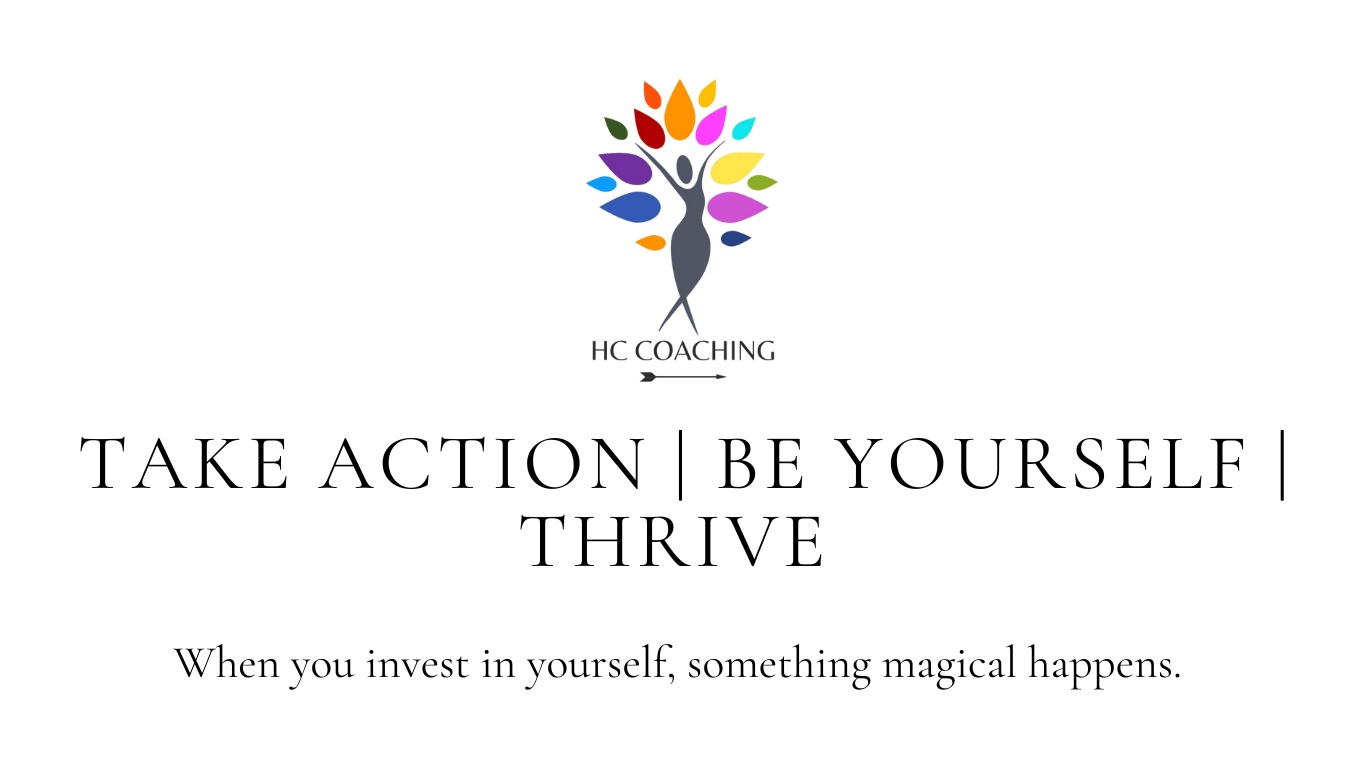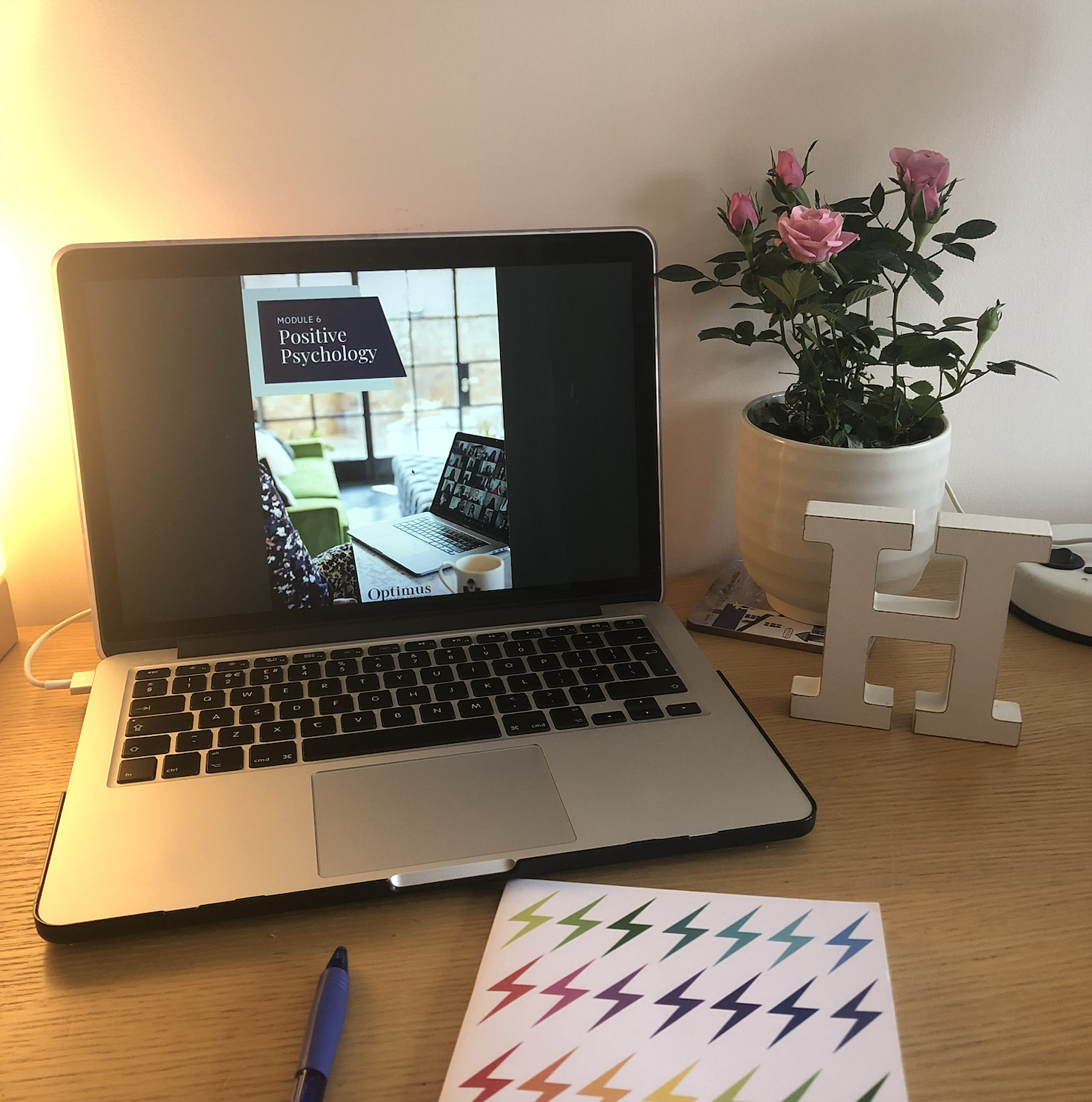Redundancy isn’t the end of the story
It’s coming up to 5 years since I was made redundant. I can’t believe the time has gone by so fast. I still think about the experience, about what was lost (on both sides, because I now know they lost a lot when I went). I don’t hear much from the people I used to work with and sometimes that makes me feel like that whole 12 years never happened.
It’s a strange kind of loss. You don’t just lose a job – you lose routines, relationships, the sense of purpose you’d built day after day.
For a while, it can feel like your whole identity has been shaken, because so much of who we are is tied up in what we do.
They say it’s nothing personal and I know they mean it kindly and I know they mean it’s the position that’s redundant, not you the person losing their job. But it is personal. Suddenly your future is less clear than it was, less secure. It impacts you personally.
We all react to redundancy in a different way and even though some can see it as a ‘good’ thing, it is still more often than not a scary and lonely time, no matter who you are surrounded by.
When I lost my job, I had no idea what I was going to do. The industries I was experienced in working in weren’t hiring due to covid which wasn’t great. Yet I was in a fortunate position that not everyone who’s made redundant is. I had a secure roof over my head, food on the table and the money from the settlement. It bought me time.
Time to really think about what on earth I was going to do next. Talking to friends and family really helped me see things differently. I also did a lot of work on myself and went deep into journalling. It got me onto the path of becoming a coach.
Knowing I had a safety net if the training didn’t pan out was invaluable. But so was the permission I needed to give myself to try something new. We can be so locked into one way of thinking – we’ve always done ‘X’ so ‘X’ must be the way we need to go.
The coaching I did through the diploma was eye-opening and so helpful in all areas of my life. It wasn’t just limited to ‘career coaching’, which in my experience was basically ‘what job do you want and we can re-write your CV for you’, which wasn’t overly helpful.
The pure coaching I went through, and trained to deliver, wasn’t pigeon-holed and allowed me to be expansive in my thinking and where my thoughts took me. I saw connections where there hadn’t been any before, possibilities opened up to me and weirdly I became more like myself again.
You obviously don’t have to train to become a coach to get the benefits of coaching – there are lots of us around ready to help. The questions, the pauses, the chance to look at things differently – that’s something that’s often best from someone outside of your situation who can be completely impartial.
A common misconception is that coaches tell you what to do (like they do in football), but actually they don’t. They give you the tools and ask you the questions that help you find the answers you had all along, but can’t get to without their help.
And if you’re going through redundancy now – whether you know it’s coming, you’re stuck in that limbo of waiting, or it’s already happened – I want to share a few things that helped me. They’re not the generic “dust off your CV and network” tips, but the human side of what can make a difference (at least they did for me):
Give yourself permission to feel all of it. The anger, the fear, the relief, the confusion. None of it is wrong. You don’t have to put a brave face on it for everyone else.
Create small pockets of certainty. Redundancy makes the future feel uncertain. So, give yourself anchors in the day-to-day – a morning walk, a regular coffee with a friend, even a TV show you don’t miss. These things remind you that not everything is up in the air.
Ask yourself better questions. Instead of “what now?”, try “what do I want more of in my life?” or “what do I not want to go back to?”. Questions open doors, especially when everything feels like it’s closing.
Notice what you’re learning about yourself. This isn’t about toxic positivity or pretending it’s all fine. It’s about realising what comes up for you under pressure. Maybe you’re more resilient than you thought. Maybe you’re realising you need a different kind of support. Both are useful to know.
Don’t do it all alone. Whether it’s friends, family, peers who understand, or yes, a coach – having someone to talk it through with makes the difference between feeling stuck and starting to see the next step.
Five years on, I can honestly say redundancy was one of the hardest things I’ve been through and one of the most transformative. I wouldn’t be where I am now without it.
If you’re in the middle of it, you might not see that yet – and that’s okay. Just remember: redundancy doesn’t have to define you, and it doesn’t have to be the end of your story.
Redundancy can feel like someone has ripped the ending out of your book, leaving blank spaces where your story used to be. But it doesn’t mean the book is finished. It can be the beginning of a new chapter – one you get to write.
If you’d like support as you navigate what’s next, this is exactly the kind of work I do with my clients. Reach out if you’d like a chat to see how we could work together, or have a look at what I offer.



